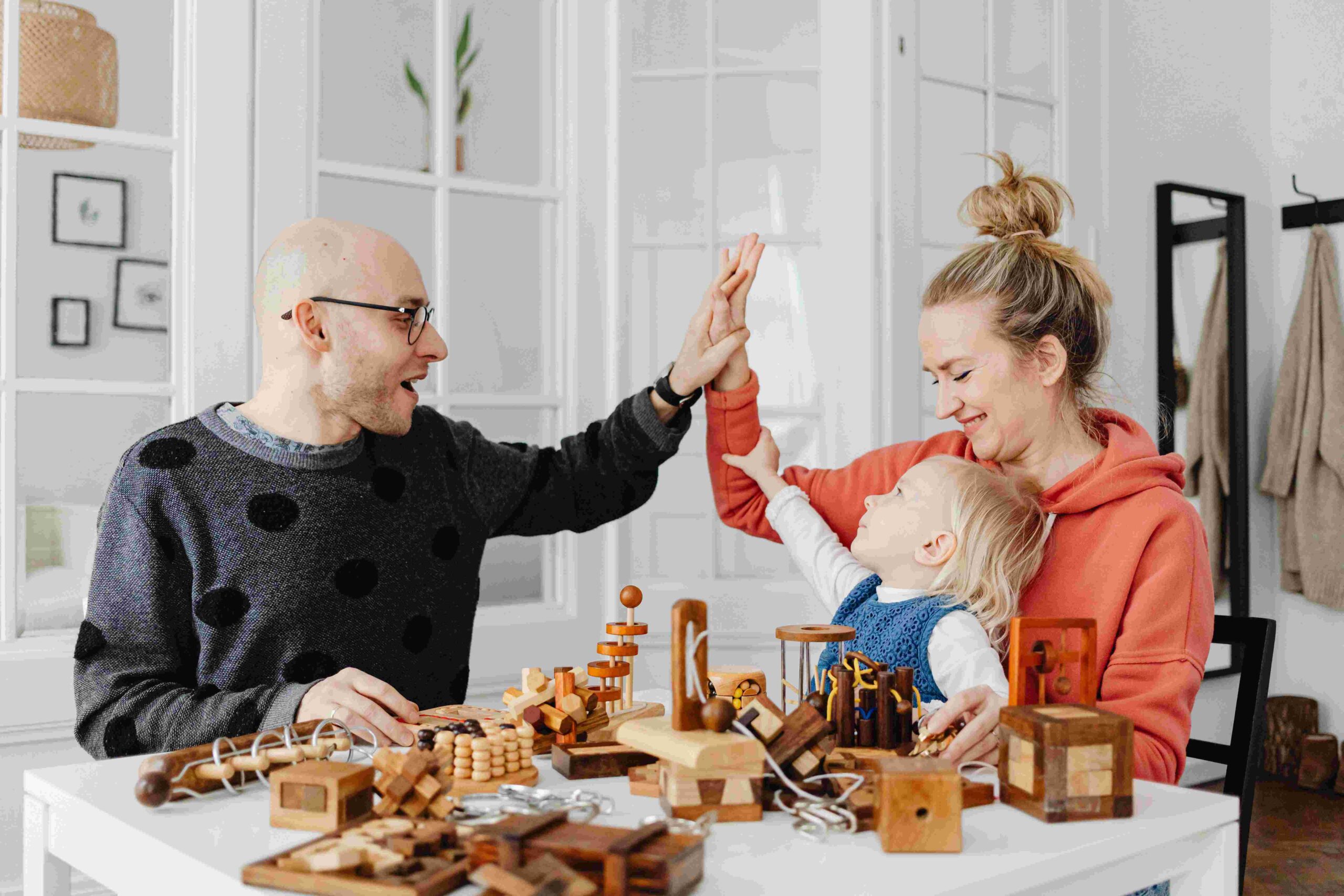With 9 years of experience in the kitchen, I’m passionate about crafting delicious recipes and sharing them with food lovers worldwide. 🍽️✨ Whether it’s a comforting homemade dish or a creative cocktail, my goal is to make cooking fun, easy, and enjoyable for everyone. Join me on this flavorful journey! 🍹🥗

Mind games and puzzle solving: a key to developing skills and enhancing cognition in people with autism
The Role of Puzzle and Brain Games in Helping Individuals with Autism
Introduction
Autism is a neurodevelopmental disorder that affects communication, social interaction, and can be associated with learning and sensory processing challenges. In recent years, puzzle and brain games have emerged as effective tools to support individuals with autism by improving cognitive and social skills.
Benefits of Puzzle and Brain Games for Individuals with Autism
1. Enhancing Cognitive Skills
- Stimulating Logical Thinking: Games such as Sudoku and puzzle-solving games help develop systematic thinking and problem-solving skills.
- Improving Focus and Attention: These games help improve the ability to concentrate for longer periods, which is often a challenge for individuals with autism.
- Enhancing Memory: Memory-based games, such as matching games, stimulate working memory, which positively impacts learning.
2. Improving Fine Motor Skills
- Many puzzle and brain games require hand-eye coordination, such as assembling pieces or manipulating objects, which helps improve fine motor skills.
3. Developing Problem-Solving Skills
- Games that require critical thinking encourage the ability to analyze problems and come up with innovative solutions, a valuable skill for daily life.
4. Supporting Social Interaction
- Some brain games, like board games, encourage social interaction and enhance communication and teamwork skills.
- These games provide opportunities to learn social rules such as taking turns and waiting for one’s turn.
5. Reducing Stress and Increasing Relaxation
- Puzzles that rely on assembling and organizing pieces create a sense of accomplishment and psychological comfort, helping reduce anxiety and stress.
Types of Games Beneficial for Individuals with Autism
1. Individual Games
- Jigsaw Puzzles: Help improve focus and attention.
- Matching Games: Enhance memory and visual processing.
- Interactive Digital Games: Educational apps focusing on skills like reading or math.
2. Group Games
- Board Games: Such as “Ludo” or “Snakes and Ladders,” which enhance social interaction.
- Educational Card Games: For learning emotions, colors, or other concepts.
3. Technological Games
- Specialized apps for autism, such as language training programs or virtual reality games, are designed to develop specific skills in a fun and engaging way.
How to Choose the Right Games
1. Consider Personal Interests
- Choose games that align with the individual’s interests, such as certain colors, characters, or themes.
2. Difficulty Level
- Games should be appropriate for the individual’s age and cognitive level, not too easy or overly difficult.
3. Therapeutic Goals
- If the game is part of a therapy plan, it should focus on the skills that need improvement.
Role of Family and Therapists
- Family: Parents and siblings can play a significant role by participating in games with the individual with autism and encouraging continued engagement.
- Therapists: Therapists can incorporate these games into treatment sessions to help progress in targeted skills.
Success Stories
Numerous studies indicate that children with autism who regularly engage in brain games show improvement in social and cognitive skills. For example, virtual reality applications have been used to teach children how to interact with different social situations, yielding positive results.
Conclusion
Puzzle and brain games are not just tools for entertainment; they are effective means of enhancing skills for individuals with autism and improving their quality of life. By selecting the right games and providing support during play, these activities can become an important part of their development and integration into society.




